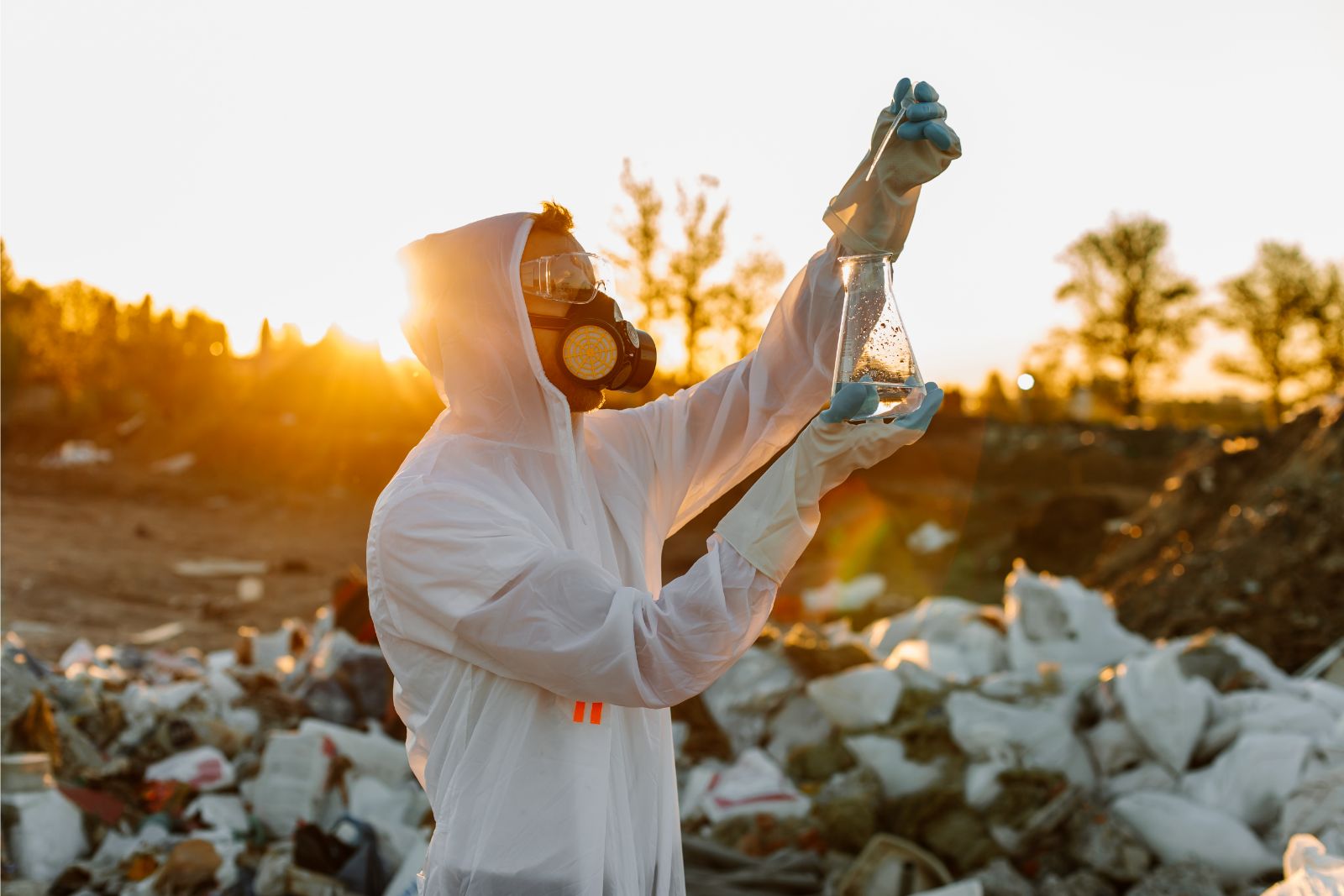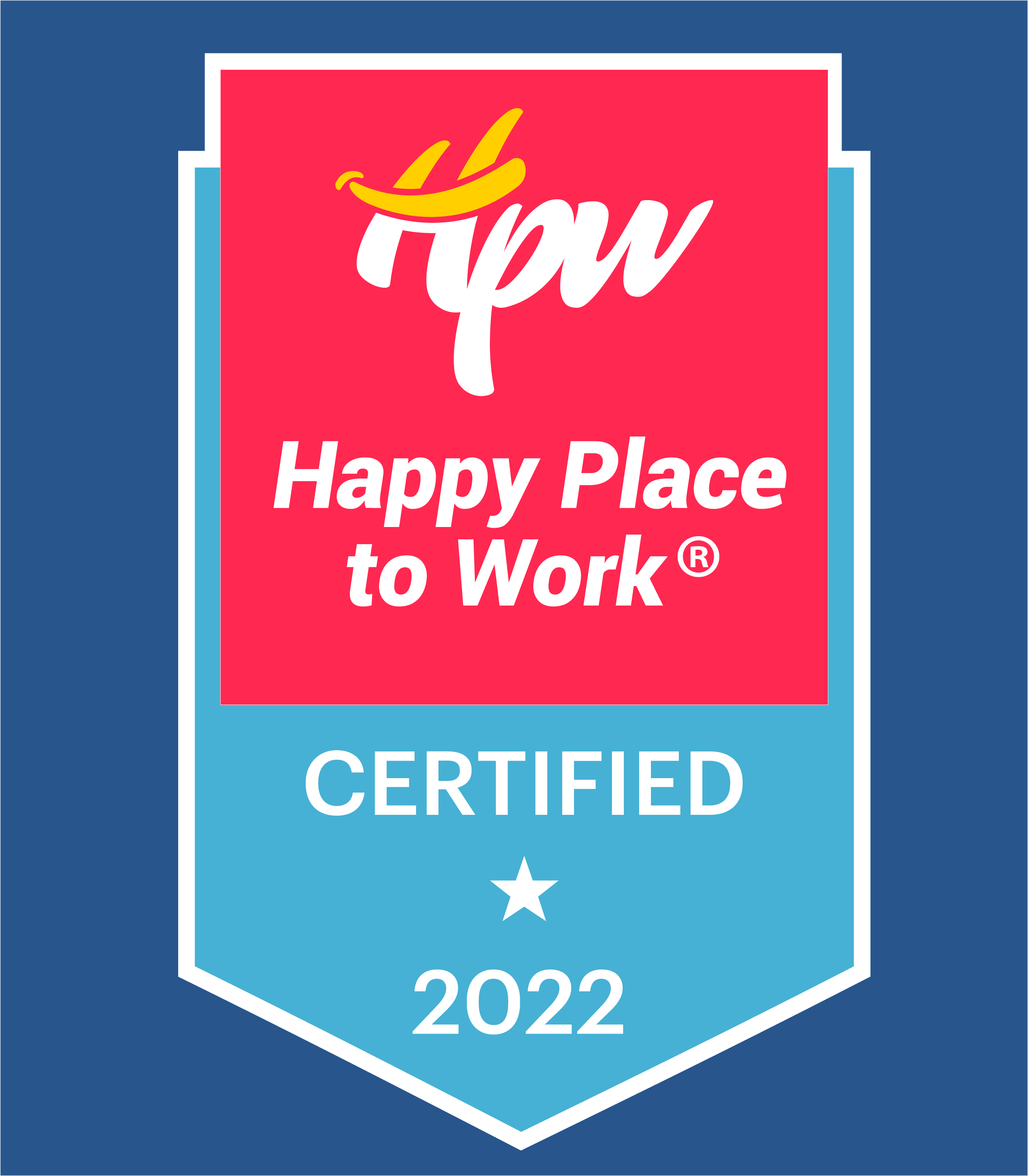Planned Activities
Plastic Upcycling

What is Plastic Upcycling?
Plastic Upcycling is a small number of industrial applications that identify innovative plastic pollution solutions for the purpose of bringing plastics that cannot be mechanically recycled for technological, economic or ecological reasons into the circular economy as sustainable raw materials. Unlike mechanical recycling, which is limited by contamination and complications arising from material separation and classification, plastic upcycling is a process in which the material is reduced to its original chemical building blocks so that it can be re-processed into new products.
Biotrend currently separates 7 types of plastic from its integrated solid waste management facilities. The separated plastics are evaluated in 3 different areas in line with the company's activities.
Waste hard plastics such as water bottles, cleaning product packaging and food foils are named with the codes PETE, HDPE and PVC. Since the waste plastics in this category are suitable for mechanical recycling, they are separated in Biotrend's facilities and sold to companies that carry out mechanical recycling activities in secondary markets at market prices, thus being recycled into the economy.
Waste soft plastics such as bags, plastic bags and sacks are defined with the codes LDPE, PP and PS. Since the waste plastics in this category do not have any economic value, they are mixed with waste-derived fuel (RDF) and used as raw materials in energy production facilities where Biotrend's combustion technology is used. The raw material to be used in the Izmir Plastic Upcycling project, where important steps have been taken, will consist of waste plastics in this category.
Other plastics such as acrylic, polyactic fiber and fiberglass are sent to Biotrend's regular landfills and used in the production of Waste-to-Spent Fuel (WSF).
Accelerating Demand for Upcycled Plastic
The demand for upcycled plastic is driven by Fast Moving Consumer Goods Companies and mandatory regulations. Fast Moving Consumer Goods Companies (FMCG) are increasingly committed to using recycled plastic in their product packaging due to environmental concerns and changing consumer expectations.
Strict recycling legislation standards implemented by policy makers, such as the EU Plastics Directive published by the European Union, have increased the demand for recycled products by industries. Within the framework of the legislations put into effect by policy makers, companies have created strategies on the use of recycled products in product packaging, effective from 2030.
Following the developments in the field of recycling, petrochemical and fast moving consumer goods companies are developing their own plastic recycling technology and, since they foresee that their own resources will be insufficient despite the rapidly growing demand, they are investing directly or indirectly in advanced recycling projects such as Biotrend, which invest in this field. The recycled materials obtained are obtained both from mechanical recycling and plastic advanced recycling. The materials obtained as a result of plastic advanced recycling are more expensive on the market than the materials obtained as a result of mechanical recycling. Especially since the products of the Food, Cosmetics and Pharmaceutical Industries are products that come into contact with humans and the legislation they are subject to is strict and inelastic, they are forced to use recycled plastic raw materials with chemical advanced recycling technology.
Izmir Aliaga Plastic Upcycling Project
Thanks to the collaboration with Honeywell, plastic upcycling will be carried out using the pyrolysis method.
Project Location and Sufficient Raw Material Support
Biotrend’s Izmir Harmandalı and Bergama facilities, which are currently in operation in the Aegean Region, will have additional mechanical separation units built into the existing mechanical separation sections, and 118 thousand tons of waste film plastic will be selected from the two facilities annually and sent to the project area. The plastic waste separated from the mixed waste in the project area will be cleaned, crushed/shredded, washed and concentrated in the newly established pre-treatment facilities; the cleaned and prepared homogeneous mixture will be fed to the Honeywell Pyrolysis unit as 60,000 tons per year, and 55,000 tons/year of sustainable polymer raw material will be obtained as output from here. It is planned to sell the products obtained with maximum benefit in order to contribute to the circular economy. The business model and technology to be used in the facility will be among the top in the world.
Super State Incentive
A project-based state incentive of 9.2 billion TL was given by the Presidential Decree for the Izmir Aliağa plastic upcycling facility.
Within the scope of incentives;
- Customs Duty Exemption,
- VAT Exemption,
- Tax reduction (tax reduction rate: 100%, investment contribution rate: 60%, the rate of investment contribution amount that can be used during the investment period: 100%),
- Insurance premium employer share support (5 years without any maximum amount limit), •Qualified personnel support (maximum 100,000,000 TL),
- There is an investment location allocation.
Within the scope of investment land allocation, a 49-year easement right was established in favor of Biotrend Advanced Transformation and Renewable Energy Technologies Industry Inc. for 120,000 m2 of the 544,870.93 m2 treasury real estate.
Solid Project Infrastructure
The sustainable pyrolysis oil technology developed by Honeywell will be used in the Izmir Aliaga Plastic Advanced Recycling facility. Honeywell will provide operational maintenance and repair services with strong warranty contracts in addition to the technology it has developed. In this context, the final contract, which is the basis for the continuation of the project, was signed between Honeywell UOP Limited and Biotrend Advanced Recycling and Renewable Energy Technologies Industry Joint Stock Company.
A non-binding offer and Letter of Intent has been signed regarding Biotrend, which will make the İzmir Aliağa Plastic Advanced Recycling facility investment, Biotrend Advanced Recycling and Renewable Energy Technologies Industry Inc. becoming a minority partner in Biotrend Advanced Recycling through venture capital funds, with a valuation of 200-220 million USD; Ziraat Portfolio Management Inc. and Deniz Portfolio Management Inc. each with a 4-5% stake and a total of 8-10%.
Izmir Aliaga Plastic Upcycling Project Operational Steps
Within the scope of the Plastic Upcycling project, pyrolysis oil production will be carried out in 4 steps. While the first 2 steps are available in Biotrend's ongoing facilities, the 3rd and 4th steps will be implemented with the completion of the İzmir Aliağa Project.
ENERGY




